Getting older is a gift, but let’s be honest—most of us worry about keeping our minds sharp as the years go by. Maybe you’ve noticed a few more “senior moments,” like forgetting where you parked or blanking on names. Or maybe you’re supporting a parent or loved one and want to help them protect their memory. Either way, brain health is front and center for anyone who wants to age well.
In the search for ways to keep our minds clear and focused, nootropics—a.k.a. brain supplements or “smart drugs”—are gaining serious attention. But can these supplements actually help protect memory and cognitive function as you get older? Let’s dig into the research, the best options for aging brains, and how to use nootropics wisely for long-term brain health.

The Challenge of Cognitive Decline
It’s totally normal for memory and mental speed to slow down a bit as we age. But for some, these changes can be more noticeable, leading to mild cognitive impairment or even dementia. With longer lifespans and more people living well into their 70s, 80s, and beyond, preserving brain power is more important than ever.
Nootropics as a Tool for Healthy Aging
Nootropics aren’t magic pills, but many are showing real promise for protecting memory, boosting mood, and keeping brains resilient against the wear and tear of aging. From ancient herbal remedies to cutting-edge nutraceuticals, older adults are exploring brain supplements as part of a proactive wellness routine.
How Aging Affects Memory and Cognitive Function
What’s actually happening in your brain as you get older—and why do these changes affect memory and focus?
Normal Age-Related Brain Changes
-
Slower processing: It may take a bit longer to recall names, dates, or facts—not because you’re losing memories, but because retrieval just isn’t as speedy.
-
Reduced neurotransmitter levels: Brain chemicals like dopamine, acetylcholine, and serotonin naturally decline, impacting mood, memory, and motivation.
-
Mild forgetfulness: Occasional memory lapses (misplacing keys, forgetting an appointment) are normal parts of aging.
-
Decreased brain volume: Starting around age 40, brain shrinkage (especially in memory-related regions) is totally normal, but healthy lifestyle choices can slow it down.
Early Signs of Cognitive Decline
-
Struggling to follow conversations or instructions
-
Increased reliance on notes or reminders
-
Repeating questions or stories
-
Trouble planning, organizing, or multitasking
Mild symptoms don’t mean dementia is inevitable—but they’re a good reason to double down on brain-healthy habits, including considering nootropics.
What Are Nootropics? A Quick Refresher
If you’re new to the term, “nootropics” refers to substances that support brain health, memory, focus, and sometimes even mood. But not all nootropics are created equal.
Types of Nootropics: Natural, Synthetic, Prescription
-
Natural nootropics: Plant-based and nutrient supplements, like omega-3 fatty acids, ginkgo biloba, bacopa monnieri, and lion’s mane mushroom.
-
Synthetic nootropics: Man-made compounds such as racetams (piracetam, aniracetam) and noopept. These are more common in biohacker circles and less studied for long-term safety in older adults.
-
Prescription nootropics: Medications like donepezil or memantine prescribed for Alzheimer’s or severe memory loss. These are only used under medical supervision.
Nootropic Supplements Most Popular with Older Adults
-
Omega-3 fish oil: For memory and brain protection.
-
Bacopa monnieri: For learning and recall.
-
Lion’s mane mushroom: For nerve growth and brain repair.
-
Ginkgo biloba: For blood flow and memory support.
-
Curcumin and resveratrol: For inflammation and antioxidant benefits.

How Nootropics May Support Memory and Brain Health
There’s no “cure” for aging, but smart supplements can support your brain in multiple ways.
Neuroprotection and Anti-Inflammatory Benefits
-
Many nootropics are antioxidants that help fight free radicals and inflammation—two key drivers of brain aging.
-
Omega-3s and curcumin have both been shown to protect brain cells and slow age-related damage.
Boosting Neurotransmitters and Brain Plasticity
-
Certain nootropics help maintain healthy levels of acetylcholine (key for memory) and dopamine (motivation and mood).
-
Lion’s mane mushroom is unique for its ability to promote nerve growth factor (NGF), which supports brain plasticity—the ability to form new connections, even in older age.
These effects help explain why regular use of the right nootropics can lead to sharper memory, better mood, and more resilience against stress.
Best Nootropics for Aging Brains
What should you actually take? Here’s a look at the nootropics with the most science behind them for older adults.
Omega-3 Fatty Acids and Brain Longevity
-
Found in fatty fish (salmon, sardines), algae oil, or supplements.
-
Help build cell membranes in the brain and reduce risk of cognitive decline.
-
Some studies show regular omega-3 intake can delay the onset of Alzheimer’s and improve memory in older adults.
Bacopa, Lion’s Mane, and Ginkgo Biloba
-
Bacopa monnieri: Shown to support memory, attention, and learning in seniors. Best results after 8–12 weeks of consistent use.
-
Lion’s mane mushroom: May support nerve regeneration and help slow age-related memory loss. Some users report better clarity and focus within a month.
-
Ginkgo biloba: Improves blood flow to the brain and may help with memory, especially in people with mild cognitive impairment.
Adaptogens and Antioxidants for Cognitive Wellness
-
Ashwagandha, rhodiola, and gotu kola help manage stress, improve mood, and may protect brain cells from damage.
-
Curcumin, resveratrol, and green tea extract are loaded with antioxidants, fighting inflammation that can accelerate brain aging.
Nootropics vs. Prescription Medications for Cognitive Decline
A lot of older adults wonder if they should stick to over-the-counter nootropics or ask their doctor about prescription drugs. Here’s what you need to know.
Can Nootropics Prevent Alzheimer’s or Dementia?
-
The honest answer: No supplement can “cure” or completely prevent Alzheimer’s or major dementia. However, some nootropics (especially omega-3s, bacopa, and lion’s mane) show promising results in slowing cognitive decline or helping with memory in early stages.
-
Why? These supplements often reduce inflammation, protect neurons, and support healthy brain signaling—all important for staying sharp.
-
Prevention vs. Treatment: Nootropics work best as preventive tools, not as treatments for advanced disease. Prescription medications for Alzheimer’s (like donepezil or memantine) are specifically designed for diagnosed cases and must be managed by a healthcare provider.
The Role of Doctors and Clinical Trials
If you or a loved one is dealing with significant memory loss, it’s crucial to:
-
Get a proper diagnosis from a doctor or neurologist.
-
Explore all options, including prescription medications, therapy, and supportive care.
-
Ask about clinical trials—some cutting-edge nootropics and nutraceuticals are being studied in older adults, and you may qualify to participate.
Never stop or change prescribed medications without consulting your healthcare provider. Nootropics are best viewed as complementary tools, not replacements for medical care.
Lifestyle Habits That Amplify Nootropic Benefits
Even the best supplement stack won’t work miracles without a healthy foundation. Here’s how to boost the effects of nootropics and protect your brain naturally.
Sleep, Exercise, and Nutrition for Brain Health
-
Sleep: Aim for 7–9 hours each night. Sleep is when your brain “cleans house” and consolidates memories.
-
Exercise: Regular movement increases blood flow to the brain, promotes new brain cell growth, and lowers risk of age-related decline.
-
Nutrition: Eat plenty of fruits, vegetables, whole grains, lean protein, and healthy fats. A Mediterranean-style diet is proven to support memory and brain health.
Mental Stimulation and Social Connection
-
Keep learning: Puzzles, reading, language learning, and new hobbies help keep neural pathways strong.
-
Stay social: Regular interaction with friends, family, or community groups is linked to better memory and lower risk of dementia.
Nootropics work best when you’re actively using your brain—so stay curious and connected!
Risks, Side Effects, and Safety for Older Adults
As you get older, your body processes supplements differently—and mixing nootropics with medications can be risky. Here’s what to watch out for.
Interactions with Medications
-
Some nootropics (like ginkgo or curcumin) can thin the blood, which may increase risk if you’re already on blood thinners.
-
Others might impact blood pressure, blood sugar, or mood—always check with your doctor, especially if you take multiple prescriptions.
Choosing High-Quality, Reputable Supplements
-
Look for products with third-party testing and clear ingredient lists.
-
Avoid supplements making wild claims like “cures dementia” or “guaranteed results”—if it sounds too good to be true, it probably is.
-
Start with one supplement at a time so you can monitor how you feel.
How to Start a Safe Nootropic Routine as You Age
Interested in trying nootropics for brain health? Here’s a simple step-by-step guide.
Dosing, Stacking, and Tracking Results
-
Start low and go slow: Begin with the lowest recommended dose and see how you feel for a few weeks.
-
Don’t mix too many at once: Stick to one or two new supplements at a time so you can track benefits or side effects.
-
Track your progress: Keep a simple journal or note in your phone. Log sleep, memory, mood, and energy each week.
When to Talk to Your Healthcare Provider
-
Before starting any supplement—especially if you have chronic health conditions or take prescription meds.
-
If you notice new symptoms or side effects.
-
To review your entire routine at annual checkups and adjust as needed.
Conclusion: Proactive Brain Care for Lifelong Sharpness
Aging doesn’t have to mean losing your edge. With the right habits, nutrition, and targeted nootropics, you can stay sharp, focused, and engaged well into your golden years. Remember: supplements are just one piece of the puzzle. Prioritize sleep, movement, real food, social connection, and mental stimulation for a brain that stays resilient as you age.
Try nootropics with curiosity, caution, and care—and always team up with your doctor for a plan that works for you.
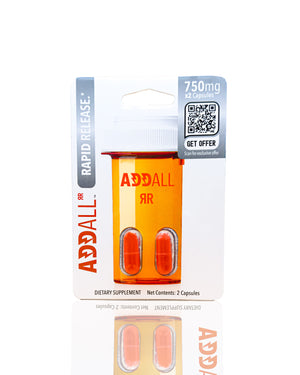
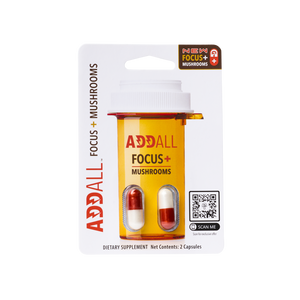

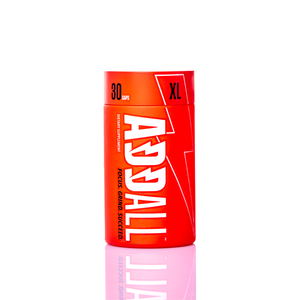
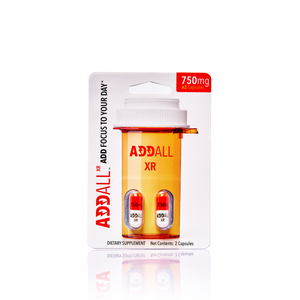
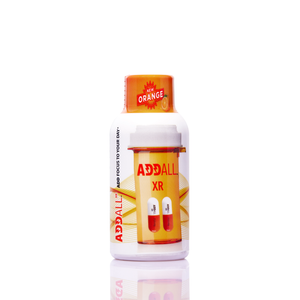
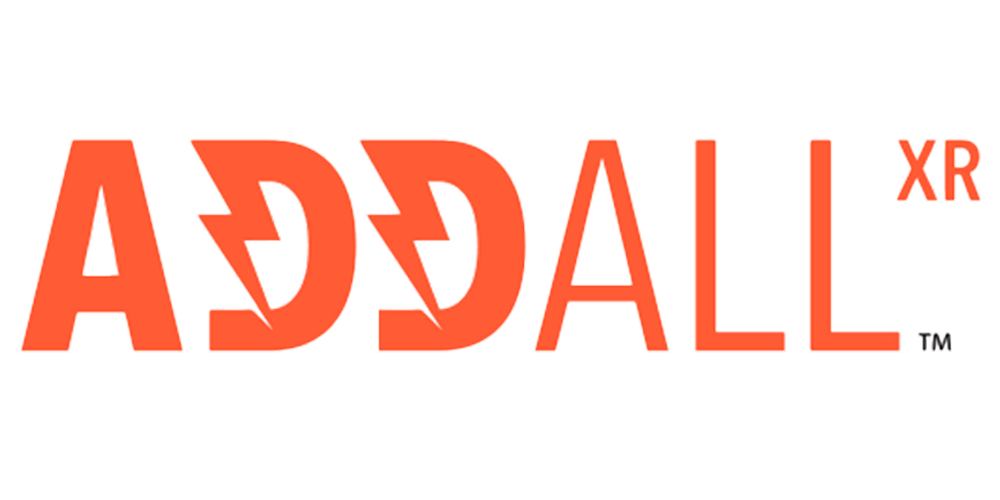
 Addall XR
Addall XR
 Addall XL
Addall XL
 Addall
Addall Addall
Addall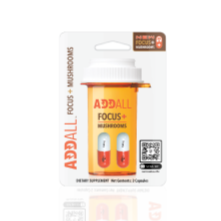 Addall
Addall Addall
Addall
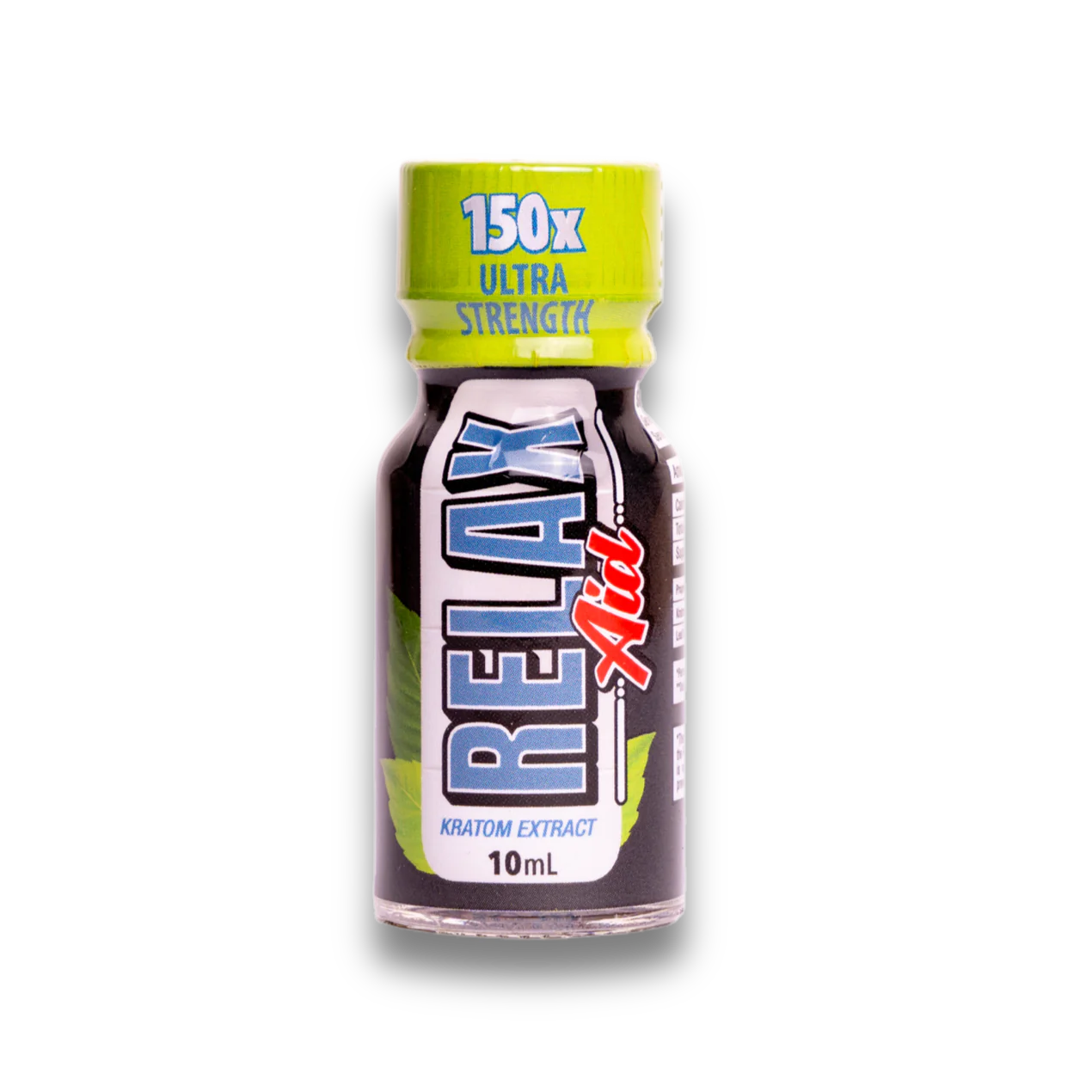 RelaxAid
RelaxAid
 Compare
Compare



















































